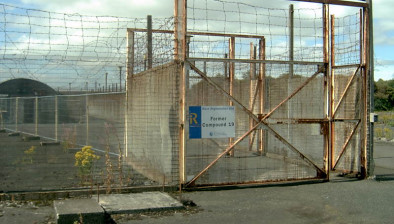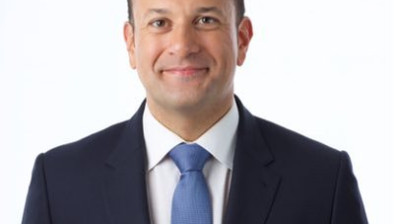UK: Supreme Court to launch paid internship for aspiring lawyers from underrepresented communities

The UK Supreme Court announced today that it will launch its first paid internship for those aspiring to a career at the English bar from underrepresented communities. The internship programme has been organised in collaboration with Bridging the Bar, a charity committed to the promotion of equal opportunity and diversity.
Today also marks the publication of the court’s judicial diversity and inclusion strategy which aims to support the progress of underrepresented groups into judicial roles and to achieve an inclusive and respectful working environment for justices, where differences are valued.
The programme will offer eight Bridging the Bar candidates the opportunity to take part in a five-day placement at the Supreme Court. It will be a challenging, intellectually stimulating and rewarding week.
Each participant will be assigned to a judicial assistant, giving them an unprecedented insight into the workings of the UK’s highest court. Over the course of the week, the interns will observe cases, discuss legal arguments with justices, and gain insights and guidance from judicial assistants.
In addition to the five days spent in the Supreme Court, Bridging the Bar will also run two days of preparatory coaching.
To take part in this programme, candidates are required to have completed or accepted an offer with the intention of completing the Bar Professional Training Course.
Applications will open on 10 June and close on 10 July 2021. Internships are expected to take place during the Michaelmas Term (which runs from October to December 2021), with exact dates to be confirmed.
Vicky Fox, chief executive of the Supreme Court, said of the programme: “I am delighted to announce the launch of the Supreme Court’s first paid internship programme, which offers a real insight into the work of the court.
“The court recognises that it has a leadership role to play to support increasing diversity of the judiciary and it is our intention that this programme will support the progression of underrepresented groups into the legal profession and ultimately into judicial roles.
“We are looking forward to learning from the interns and hope that the programme will provide an intellectually stimulating experience for participants and support them to pursue a career in the law.”
Eleanor Tack, head of marshalling and court related projects at Bridging the Bar, said: “I am very excited about this programme. It’s going to be a really challenging week for the candidates who will be asked to discuss legal arguments with the Judicial Assistants and Justices and give a presentation at the end. For this reason, only candidates of the highest quality will be selected, and we expect the competition to be extremely high.
“We will not, however, be throwing our candidates in at the deep end alone! Bridging the Bar has organised pre-training with various workshops to ensure that our candidates can make the most out of their time with the court.”







